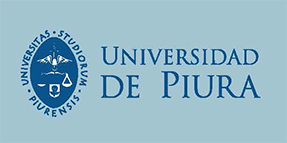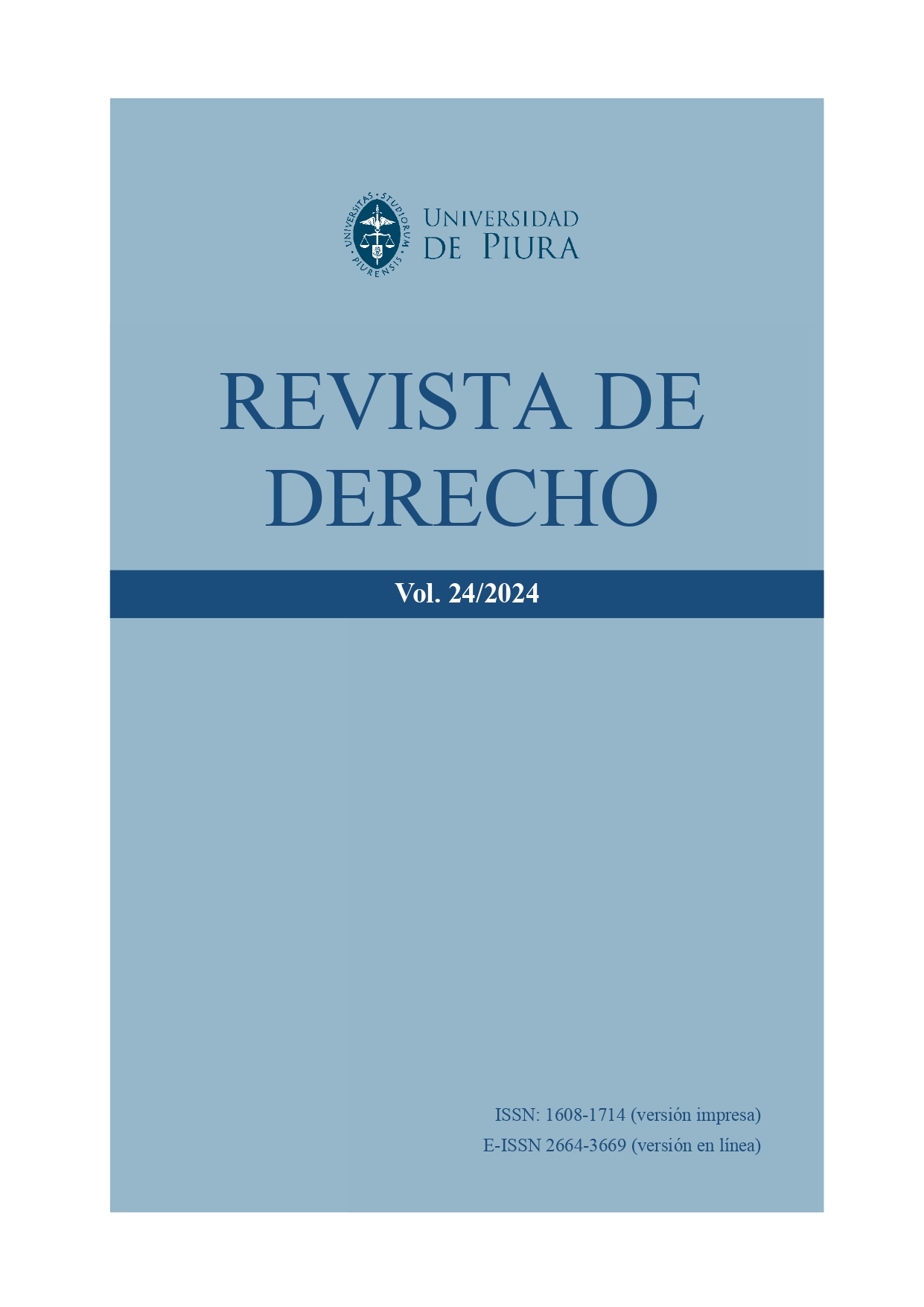The elephant in the room in the Peruvian Civil Code: a necessary approach to the proof of moral damage
DOI:
https://doi.org/10.26441/RD24.1-2024-CD2Keywords:
moral damages, civil liability, evidentiary reasoning, evidence, emotionsAbstract
Legal institutions often receive an endogenous treatment that manifests on two levels. On one hand, legal institutions are frequently conceptualized from within the law itself and by legal practitioners, without considering other fields of knowledge that could offer more specific insights into the subject matter. On the other hand, within the legal field, institutions are often developed in isolation: substantive legal institutions are studied without considering the procedural and evidentiary implications that arise from defining them in one way or another. The institution of moral damage in the Peruvian Civil Code is certainly not immune to these issues. This essay, therefore, aims firstly to highlight the unsatisfactory way in which moral damages have been addressed, as the definitions and approaches to this institution have often been disconnected from its evidentiary aspects and its relationship to other sciences, such as psychology. Secondly, it seeks to present several starting points for a more comprehensive conceptualization of moral damages, taking into account evidentiary factors, which are crucial to making this institution effective for compensatory purposes.
Metrics
References
Buendía de los Santos, E. (2016). Un alegato a favor del daño in re ipsa: A propósito de los daños a derechos de la personalidad de la persona jurídica en el sistema jurídico peruano. IUS 360. https://ius360.com/un-alegato-favor-del-dano-re-ipsa-proposito-de-los-danos-los-derechos-de-la-personalidad-de-la-persona-juridica-en-el-sistema-juridico-peruano/.
De Brigard, F. (2017). El problema de la conciencia para la filosofía de la mente y de la psiquiatría. Ideas y valores, 3, 15-45. https://doi.org/10.15446/ideasyvalores.v66n3Supl.65652. DOI: https://doi.org/10.15446/ideasyvalores.v66n3Supl.65652
De Trazegnies Granda, F. (2001). La responsabilidad extracontractual (Vol. 2, 7ª ed.). Lima: Fondo Editorial de la PUCP.
Dei Vecchi, D. (2020). Los confines pragmáticos del razonamiento probatorio. Puno: Zela.
Díaz, J. L. (2005). La identidad del dolor: ¿Lesión, congoja, lamento o neuromatriz? Salud Mental, 28 (2), 13-32.
Espinoza Espinoza, J. (2019). Derecho de la responsabilidad civil (Vol. 1, 9ª ed.). Lima: Instituto Pacífico.
Ferrer Beltrán, J. (2007). La valoración racional de la prueba. Madrid: Marcial Pons.
Fernández Cruz, G. (2023). El daño no patrimonial y el daño moral (dos ensayos). Lima: ARA Editores.
Fernández Cruz, G. (2015). La dimensión omnicomprensiva del daño no patrimonial y la reclasificación de los daños. Advocatus, 31, 317-338. https://doi.org/10.26439/advocatus2015.n031.4370.
Fernández Sessarego, C. (1998). Daño a la persona y daño moral en la doctrina y en la jurisprudencia latinoamericana actual. THEMIS Revista de Derecho, 38, 179-209. https://revistas.pucp.edu.pe/index.php/themis/article/view/10319.
Fernández Sessarego, C. (1996). Daño al proyecto de vida. Revista de la Facultad de Derecho PUCP, 50, 47-97. https://doi.org/10.18800/derechopucp.199601.003. DOI: https://doi.org/10.18800/derechopucp.199601.003
González Lagier, D. (2022). Filosofía de la mente y prueba de los estados mentales: Una defensa de los criterios de “sentido común”. Quaestio facti. Revista Internacional sobre Razonamiento Probatorio, 3, 49-80. https://doi.org/10.33115/udg_bib/qf.i3.22731. DOI: https://doi.org/10.33115/udg_bib/qf.i3.22731
González Lagier, D. (2009). Emociones, responsabilidad y derecho. Madrid: Marcial Pons. DOI: https://doi.org/10.2307/jj.2321930
IUS 360 (8 de febrero de 2019). ¿Cuál es la diferencia entre resarcimiento e indemnización? | Rómulo Morales [Vídeo]. YouTube. https://www.youtube.com/watch?v=NNgQkjUUTTg.
León Hilario, L. (2017). La responsabilidad civil. Líneas fundamentales y nuevas perspectivas (3ª ed.). Lima: Instituto Pacífico.
León Hilario, L. (2003). Funcionalidad del “daño moral” e inutilidad del “daño a la persona” en el derecho civil peruano. Revista Peruana de Jurisprudencia, 23.
Limardo, A. (2021). Repensando las máximas de experiencia. Quaestio facti. Revista Internacional sobre Razonamiento Probatorio, 2, 115-153. https://doi.org/10.33115/udg_bib/qf.i2.22464. DOI: https://doi.org/10.33115/udg_bib/qf.i2.22464
Limay Chávez, R. (2021). Las máximas de experiencia en la valoración racional de la prueba: Uso adecuado e inadecuado desde la perspectiva de género. Revista IUS ET VERITAS, 63, 208-223. https://doi.org/10.18800/iusetveritas.202102.011. DOI: https://doi.org/10.18800/iusetveritas.202102.011
Muffato, N. (2021). Michele Taruffo sobre las máximas de experiencia. Derecho & Sociedad, 57, 1-38. https://doi.org/10.18800/dys.202102.003. DOI: https://doi.org/10.18800/dys.202102.003
Retamozo Escobar, J. (2015). Daño a la persona y daño moral: Un paso adelante. Actualidad Civil, 11, 186-203.
Skidelsky, L. (2011). Autoconocimiento y Atribución de Estados Mentales en Teoría de la Mente, Revista Argentina de Ciencias del Comportamiento, 3(1), 34-53. https://doi.org/10.32348/1852.4206.v3.n1.5232. DOI: https://doi.org/10.32348/1852.4206.v3.n1.5232
Osterling Parodi, F., & Castillo Freyre, M. (2003). Tratado de las obligaciones (Vol. X). Lima: Fondo Editorial de la PUCP, Biblioteca para leer el Código Civil.
Taruffo, M. (2023). Contribución al estudio de las máximas de experiencia (P. A. Ibáñez, Trad.). Madrid: Marcial Pons.
Taruffo, M. (2009). Considerazioni sulle massime d’esperienza. Rivista Trimestrale di Diritto e Procedura Civile, 63(2), 551-570.
Vietri, M., Alessandroni, N. & Piro, M. (2019). La Perspectiva de Segunda Persona de la Atribución de Estados Mentales: Una Revisión Sistemática de su Estado Actual de Desarrollo. PSYKHE, 28(2), 1-17. https://doi.org/10.7764/psykhe.28.2.1280. DOI: https://doi.org/10.7764/psykhe.28.2.1280
JURISPRUDENCIA
Perú. Corte Suprema de Justicia de la República, Sala Civil Permanente. (9 de mayo de 2006). Casación N° 3187-2005 La Libertad.
Perú. Corte Suprema de Justicia de la República, Sala Civil Permanente. (12 de octubre de 2010). Casación N° 4619-2009 Ucayali.
Perú. Corte Suprema de Justicia de la República, Sala Civil Permanente. (19 de junio de 2014). Casación N° 4393-2013 La Libertad.
Perú. Corte Suprema de Justicia de la República, Sala Civil Permanente. (3 de agosto de 2023a). Casación N° 96-2019 Lambayeque.
Perú. Corte Suprema de Justicia de la República, Sala Civil Permanente. (21 de setiembre de 2023b). Casación N° 2174-2019 Lambayeque.
Perú. Corte Suprema de Justicia de la República, Sala Civil Transitoria. (6 de julio de 2016). Casación N° 2084-2015 Lima.
Perú. Corte Suprema de Justicia de la República, Sala Civil Transitoria. (13 de noviembre de 2019). Casación N° 1161-2018 Lima.
Perú. Corte Suprema de Justicia de la República, Sala Civil. (13 de julio de 1998). Casación N° 1070-95 Arequipa.
Perú. Corte Suprema de Justicia de la República, Tercer Pleno Casatorio Civil. (8 de marzo de 2011). Casación N° 4664-2010-Puno.







